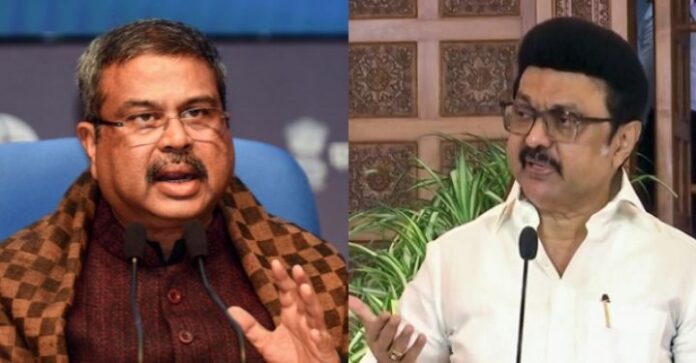The controversy surrounding the implementation of Hindi as a compulsory language in schools has sparked a fierce debate between the Tamil Nadu government and the Centre. The issue has its roots in the historical resistance of Tamil Nadu to the imposition of Hindi, which many in the state feel undermines regional languages and cultural identity. Tamil Nadu’s opposition to Hindi has been a long-standing issue, with the state arguing that it’s an attempt by the Centre to push the Hindi imposition agenda across the country.
The central government, on the other hand, insists that the promotion of Hindi is essential for national unity, as it is the most widely spoken language in the country. Union ministers have pushed for its inclusion in educational curriculums, seeing it as vital for students to master Hindi for better communication across the nation. This has led to accusations from Tamil Nadu leaders that the Centre is showing an “arrogant” attitude by pushing for the Hindi agenda despite strong opposition from the state.
In Tamil Nadu, political parties have taken to the streets, demanding that the state’s linguistic rights be preserved. The controversy has also spilled into national politics, with opposition parties questioning the Centre’s heavy-handed approach. The issue continues to divide opinions across the country, with proponents of Hindi arguing that it is an essential tool for national integration, while others believe that forcing regional languages to accommodate Hindi could lead to the erosion of cultural diversity.

